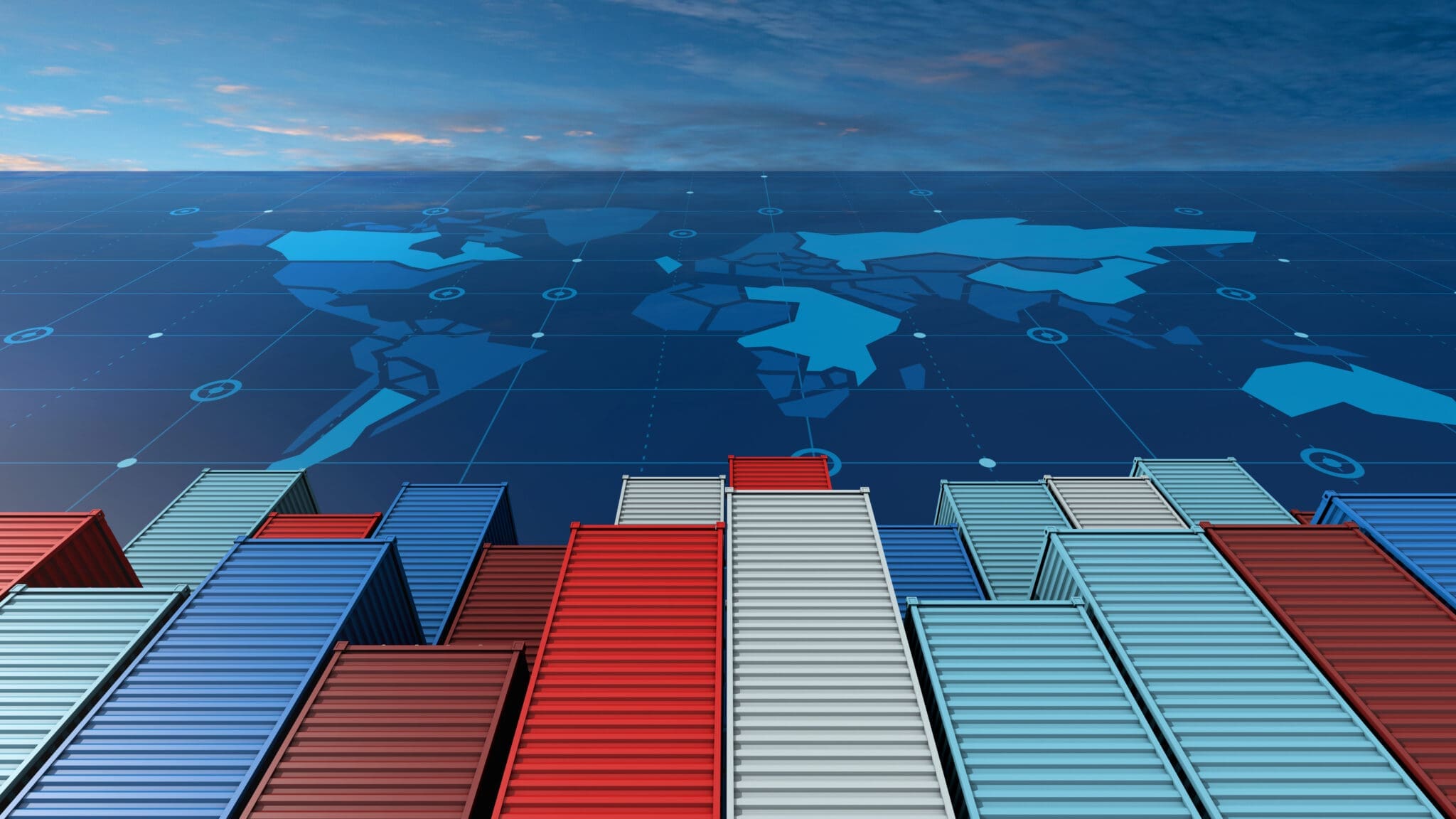The long-awaited output from Public Safety Canada has arrived.
On the January 1st, 2024, new legislation came into force in Canada. Bill S-211 was passed, and a new act was formed. An Act to enact the Fighting Against Forced Labour and Child Labour in Supply Chains Act and to amend the Customs Tariff (the Act). This legislation aims to combat forced and child labour while encouraging organisations to take proactive steps in preventing human rights violations across Canadian supply chains.
The Act and Its Implementation
When the Act was brought into force, there was a requirement for government organisations and certain entities to disclose their processes for fighting forced and child labour. By the initial deadline of May 31, 2024, 5,795 reports were submitted: 145 from government institutions and 5,650 from reporting entities. As of July 31, 2024, the total reached 6,303 reports, all published in an online catalogue to ensure transparency.
Organisations are required to report on the action they have taken to identify forced and child labour in their supply chains. They are also required to report on mitigation activities they have taken in the previous financial year.
While the Act does not mandate specific activities, the reputational risk of inaction has driven many entities to take steps toward eliminating modern slavery. Hopefully, the risk and exposure will drive more action to fight modern slavery.
At the end of September, Public Safety Canada released their publication of the 2024 Annual Report to Parliament. This publication highlights the current state of play for fighting forced and child labour in supply chains.
What the 2024 Report Reveals
Of the 5,650 reporting entities (excluding government entities), the majority (81.95%) are headquartered in Canada. This is followed by the United States (13.52%) and other countries (4.53%). Key industries represented include manufacturing (38.3%), wholesale trade (22.3%), and retail trade (21.8%).

Identifying Risk
Entities were required to outline actions taken to identify risks in their supply chains. The findings show:
- 38.2% (2,156) confirmed they had identified parts of their activities and supply chains that carry risk of forced and child labour;
- 39.4% (2,225) had started the process for identifying risks but highlighted their were gaps in their assessments;
- 22.4% (1,268) had not started their process of identifying risks.
As transparency increases, we anticipate the next report to reflect improved numbers, demonstrating greater efforts to combat forced labour in Canadian supply chains.
Activities to Prevent Human Rights Violations
Identifying risk and doing something to prevent it are two different things. Fortunately, many entities are already taking action.
The most common action mentioned for preventing forced and child labour was the use of software systems to regularly monitor and audit suppliers, vendors and partners. Certain entities reported they require suppliers, vendors and/or partners to fill out self-assessment questionnaires, as well as implementing a code of conduct for 3rd parties.
It may be argued, a code of conduct by itself is not sufficient to prevent human rights violations. More rigorous assessments should be undertaken to mitigate human rights risks and meet internationally recognised best practice.
At Achilles, we believe a supplier code of conduct should be a bare minimum. Further due diligence is required to identify where the risk really is. It requires a combination of tools, assessments and in-person validation to provide the most accurate picture of human rights risk. Actively preventing this requires a significant amount of stakeholder engagement over a long-period.
The report to parliament data shows:
- 2,816 entities conduct internal assessments of risk of forced and child labour on their activities and supply chains;
- 2,545 entities implement due diligence policies and processes for identifying and eliminating the use of forced and child labour in their supply chains’
- 2,174 entities monitor their suppliers; and
- 2,088 entities reported they are developing and implementing policies and procedures to fight against forced and child labour.
Employee Training and Supply Chain Engagement
Training is an important step to educate employees on potential signs of human rights risks.
44.4% (2,506) of entities indicated they provide training to their employees on forced labour and/or child labour. Of those:
- 39.8% (998) make training mandatory for all employees.
- 22.6% (567) require training for procurement staff.
- 29.1% (730) mandate training for select roles.
- 8.4% (210) offer voluntary training.
Achilles works with organisations to extend this education to suppliers, fostering a collaborative approach to reducing human rights risks in supply chains. By engaging directly with suppliers and stakeholders, organisations can move closer to eliminating forced labour and child labour from their operations.
Working together reduces supplier burden and increases the chances of identifying risk and prevent vulnerable individuals, whether that is an adult or child, from being exploited for someone else’s gain.
Addressing Modern Slavery: Achilles’ Contributions
As part of our modern slavery programme, Achilles has conducted over 10,000 worker interviews, uncovering critical human rights violations, such as:
- required to pay to access work prior to employment
- witness physically or verbal abuse on-site
- not having free and/or unrestricted access to their mobile phone
- not able to take unaccompanied breaks from site
- not receiving a rest day during the week
- not being paid directly into their own account
These findings are of particular concern and are likely to be found in supply chains all across the world. Understanding these risks is the first step to preventing them. Achilles has first hand experience in helping organisations implement strategies for preventing and mitigating human rights violations and risks
Get in touch, if you’re interested in understanding how we do this and whether Achilles is able to support your organisation. Achilles is now operating across Canada with our Canadian headquarters in Calgary, Alberta.
Further information please review the report to Parliament from Public Safety Canada.




